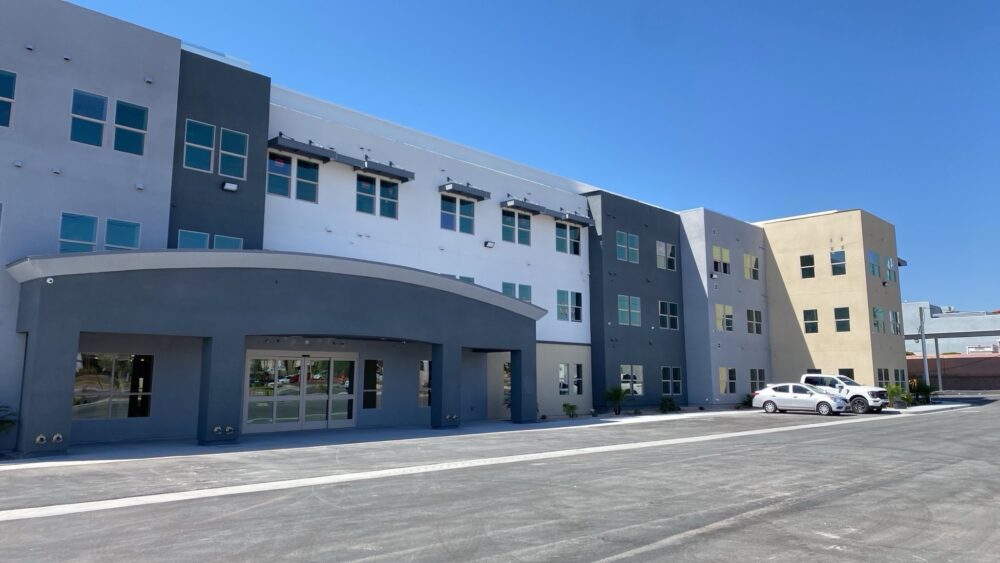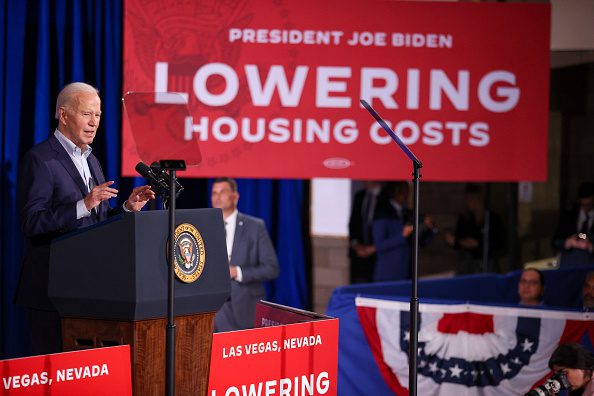
US President Joe Biden speaks at Stupak Community Center on March 19, 2024 in Las Vegas, Nevada. Biden delivered remarks on making affordable housing more available for American families. (Photo by Ian Maule/Getty Images)
The plan calls on Congress to pass a law that would withdraw tax credits from landlords who raise rent by more than 5% annually. If passed, the plan would apply to about half of all rentals in the United States.
President Biden on Tuesday unveiled a series of proposals aimed at lowering housing costs for Americans as the cost of living continues to be a decisive issue heading into November’s election.
The plan calls on Congress to pass a law that would withdraw tax credits from landlords who raise rent by more than 5% annually. If passed, the plan would apply to landlords with at least 50 units in their portfolio, meaning that overall, 20 million units nationwide would be affected, according to the White House.
That’s about half of all rentals in the United States.
The policy would include an exception for new construction and buildings that are being “substantially renovated,” although there is currently no definition of what that means.
“While the prior administration gave special tax breaks to corporate landlords, I’m working to lower housing costs for families,” Biden said in a statement. “Republicans in Congress should join Democrats to pass my plan to lower housing costs for Americans who need relief now.”
Biden’s proposal was praised by housing advocates.
The Nevada Housing Justice Alliance said in a statement that “all Nevadans deserve a place to call home.”
“President Biden’s plan will keep Nevadans housed at a time when Nevada is seeing record highs in rent gouging and eviction rates,” she added. “We’re looking forward to continuing to work with federal partners to strengthen tenant rights in Nevada and across the country.”
Shelbie Swartz, executive director of Battle Born Progress, a progressive communications firm, also lauded Tuesday’s announcements in a statement, saying that they are “a step toward making sure millions of people nationwide and thousands of Nevadans can get out from under the crushing weight of massive rent increases.”
“Today’s proposal from President Biden includes asking corporate landlords to cap rental increases at five percent or risk losing current available federal tax breaks, as well as a plan to repurpose federal land for new affordable housing units,” she added. “This multi-pronged approach will help Nevadans by increasing supply and reining in rents. Inevitably, more will need to be done – but we feel this is a good first step.”
Major real estate and housing organizations, including the Mortgage Bankers Association (MBA) and the National Apartment Association, oppose the proposal. The MBA criticized the Biden-Harris plan, claiming that rent caps, or rent control, “reduce the supply of available housing and fail to target those renters who need help the most while simultaneously harming other residents and the communities they reside in.”
A senior administration official told CNN, however, that the plan is intended to serve as a two-year bridge until the 1.6 million rental units that are currently under construction nationwide enter the market.
The Bureau of Land Management (BLM), the Department of Housing and Urban Development (HUD), and the US Postal Service (USPS) also announced actions to address housing affordability on Tuesday.
The BLM said that it would open a public comment period on the sale of 20 acres of public land in Nevada at below-market value in order to create affordable housing. Similarly, HUD plans to distribute $325 million in grant funding to seven cities, including Las Vegas, to “build more homes and revitalize neighborhoods.” The USPS also plans to repurpose certain unused properties for housing.
An ongoing housing crisis
These actions from the Biden administration come as the US deals with an ongoing housing crisis.
Nationally, there is a shortage of more than seven million affordable homes for the 10.8 million-plus extremely low-income families in the US. Seventy percent of these families are severely cost-burdened, meaning they spend more than half of their income on rent. There’s also no state or county in the country where a renter working full-time at minimum wage can afford a two-bedroom apartment.
Additionally, mortgage rates are nearing 8% and with steadily rising home prices and the lowest inventory of homes for sale in over a decade, the housing market is increasingly pricing out working and middle-class families.
These efforts also come as housing and rental prices have soared in recent years. According to a report from the Joint Center for Housing Studies at Harvard, a record 22.4 million American households now spend at least 30% of their income on rent.
In Sept. 2020, the median home sale price in Nevada was $344,900. As of May 2024, that figure had risen to $458,300, a nearly 33% increase, according to Redfin. In Las Vegas, the average cost of rent is $1,457 per month, up over 30% from the beginning of the pandemic. These figures are in line with a national trend that’s shown rising home and rent prices since the beginning of the pandemic.
Other federal efforts to address housing affordability
Tuesday’s proposals are just the latest effort by the Biden-Harris administration to tackle housing costs.
Earlier this year, it announced several new actions to promote fairer rental markets and boost the supply of affordable housing and manufactured homes.
For example, HUD and the Treasury Department announced the indefinite extension of the Housing Finance Agency Risk-Sharing Initiative, which provides capital for state and local housing finance agencies so that they can offer federally-backed loans at lower interest rates in order to create and maintain affordable rental units.
According to the Federal Housing Administration (FHA), this will allow 38,000 affordable rental units to be built or preserved over the next decade nationwide.
The administration also restarted the Federal Financing Bank Risk Sharing program in 2021, after it was suspended by the Trump administration. Since then, it has provided access to nearly $2 billion in financing for the rehabilitation and building of almost 12,000 housing units, according to the White House.
Finally, in May, HUD published new rules regarding the HOME Investment Partnerships Program, which provides grants to state and local governments to create affordable and low-income housing, as well. These new rules “streamline” requirements for the administration of these grants, update certain requirements for those receiving these grants, and outline new tenant protections.
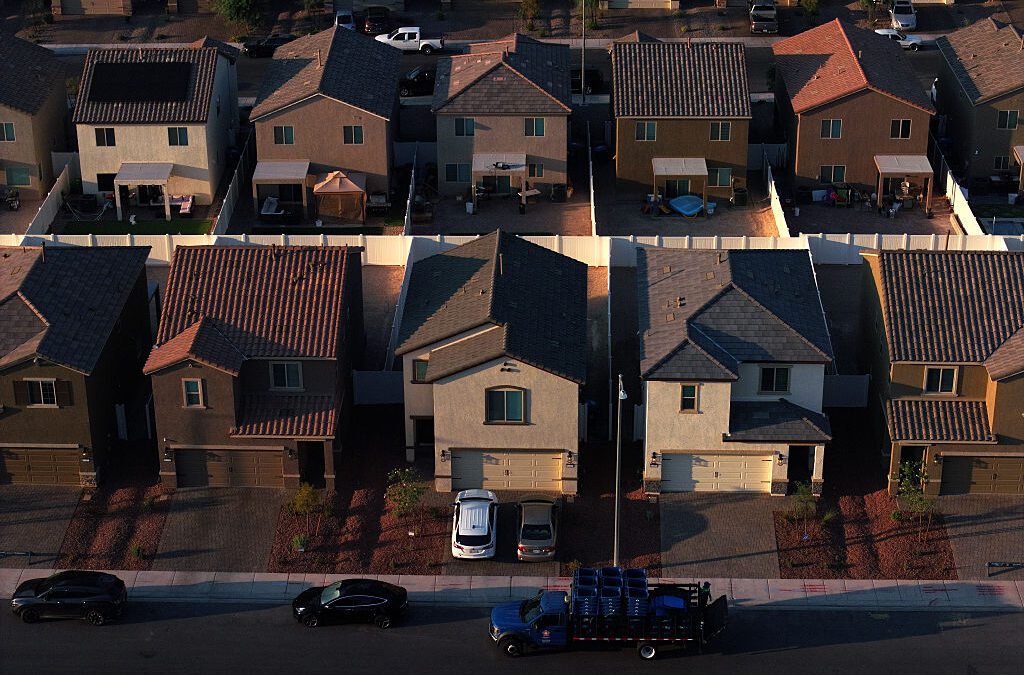
En Nevada, la industria del turismo sostiene la economía, pero no a sus trabajadores
Para recibir contenido en español directo a tu email, suscríbete al boletín Vegas Somos Las Vegas, Nevada. La postal es conocida: luces de neón,...

Nevada’s biggest industry can’t afford to live
Leisure and hospitality workers in Nevada struggle to make ends meet. With average rentals climbing to around $2,000 a month—and landlords requiring...

City of Las Vegas offers lead paint and drip repair services to homeowners
The City of Las Vegas is offering qualifying residents with young children lead paint removal and financial help to fix leaks in their homes. The...
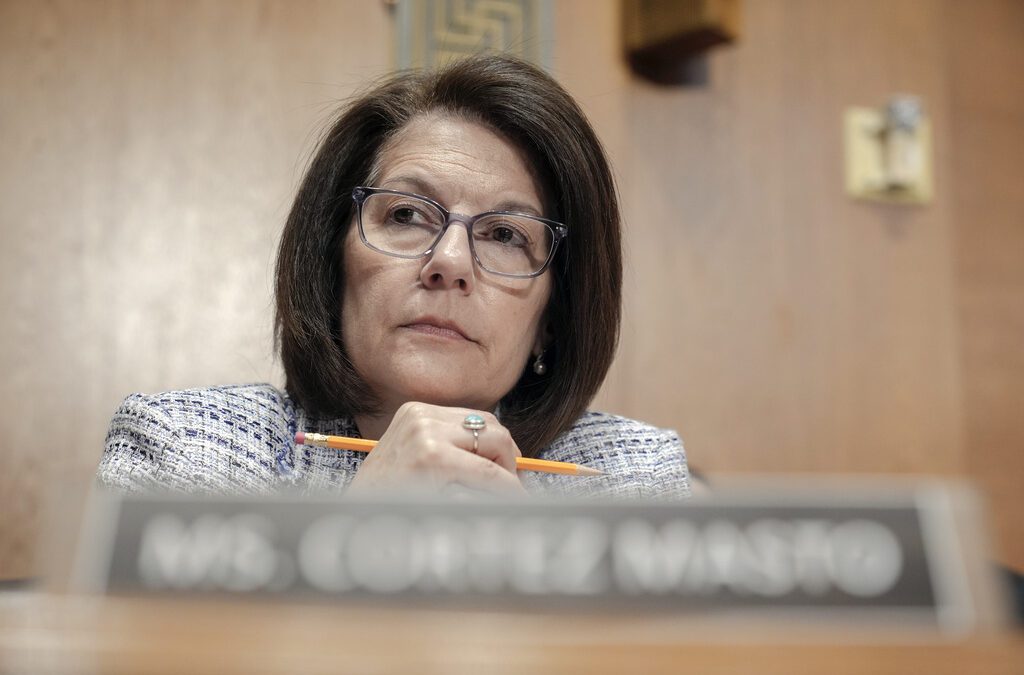
Nevada Senator secured upwards of $5 million for affordable housing in Nevada
As Nevada lawmakers push for more affordable housing, Trump’s tariff plan and economic policies may worsen the crisis. US Sen. Catherine Cortez...

This Nevada town named one of the best mid-sized cities in the US by HGTV
For Nevadans looking for a town that falls somewhere between the glitz of Las Vegas and the quiet of the Silver State’s rural communities, HGTV has...
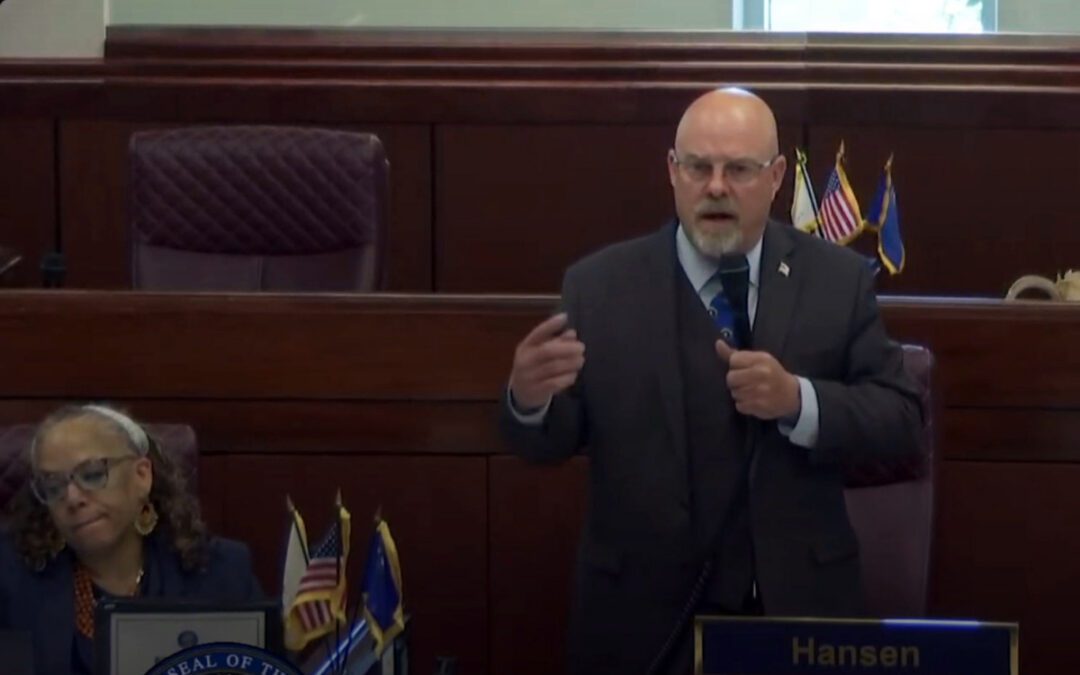
At Lombardo’s request, Hansen ‘reluctantly’ blocks bill to rein in runaway corporate home ownership
By Michael Lyle, Nevada Current Republican Gov. Joe Lombardo asked the Republican legislative caucus to block a bill that attempts to limit...


